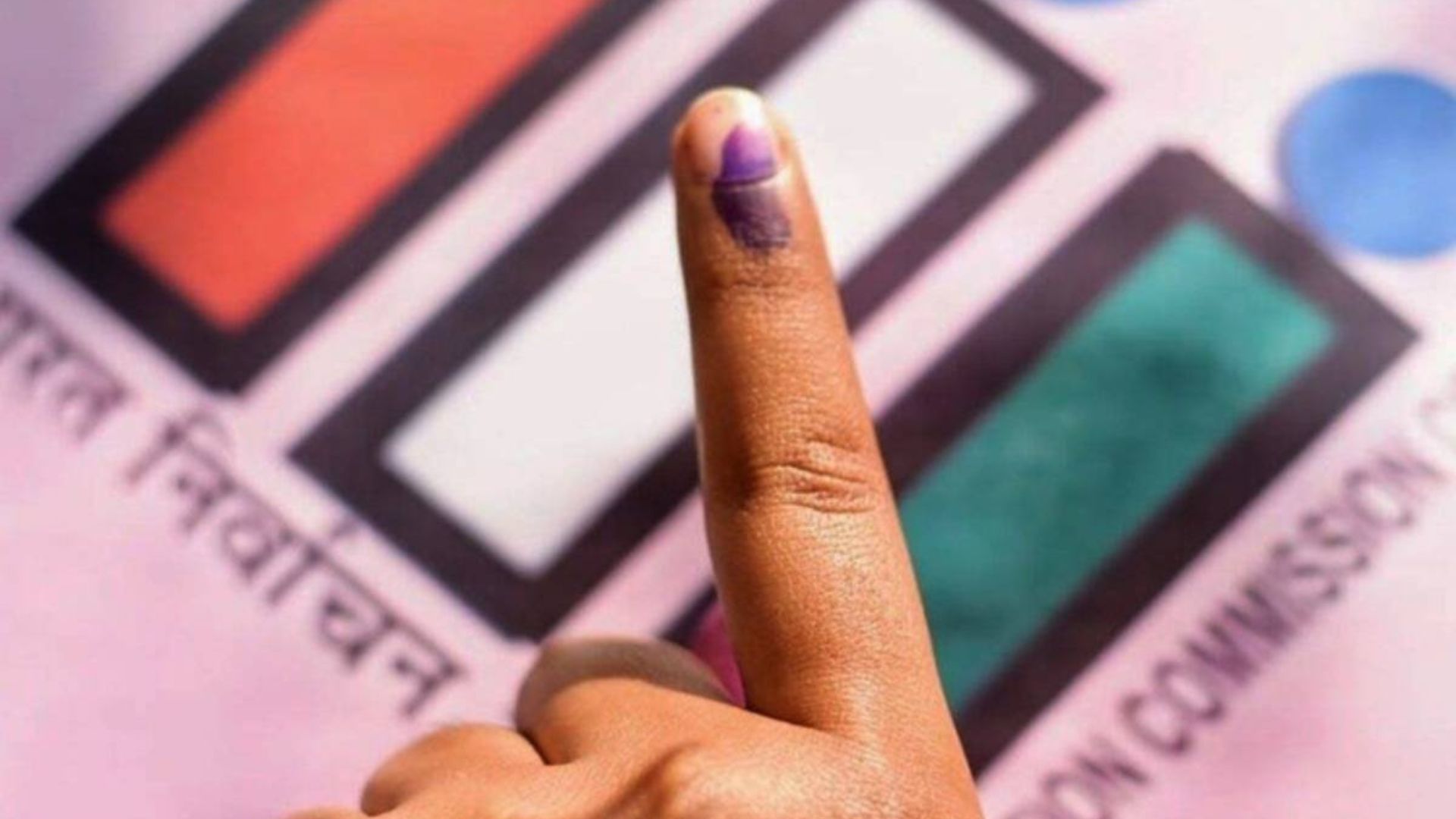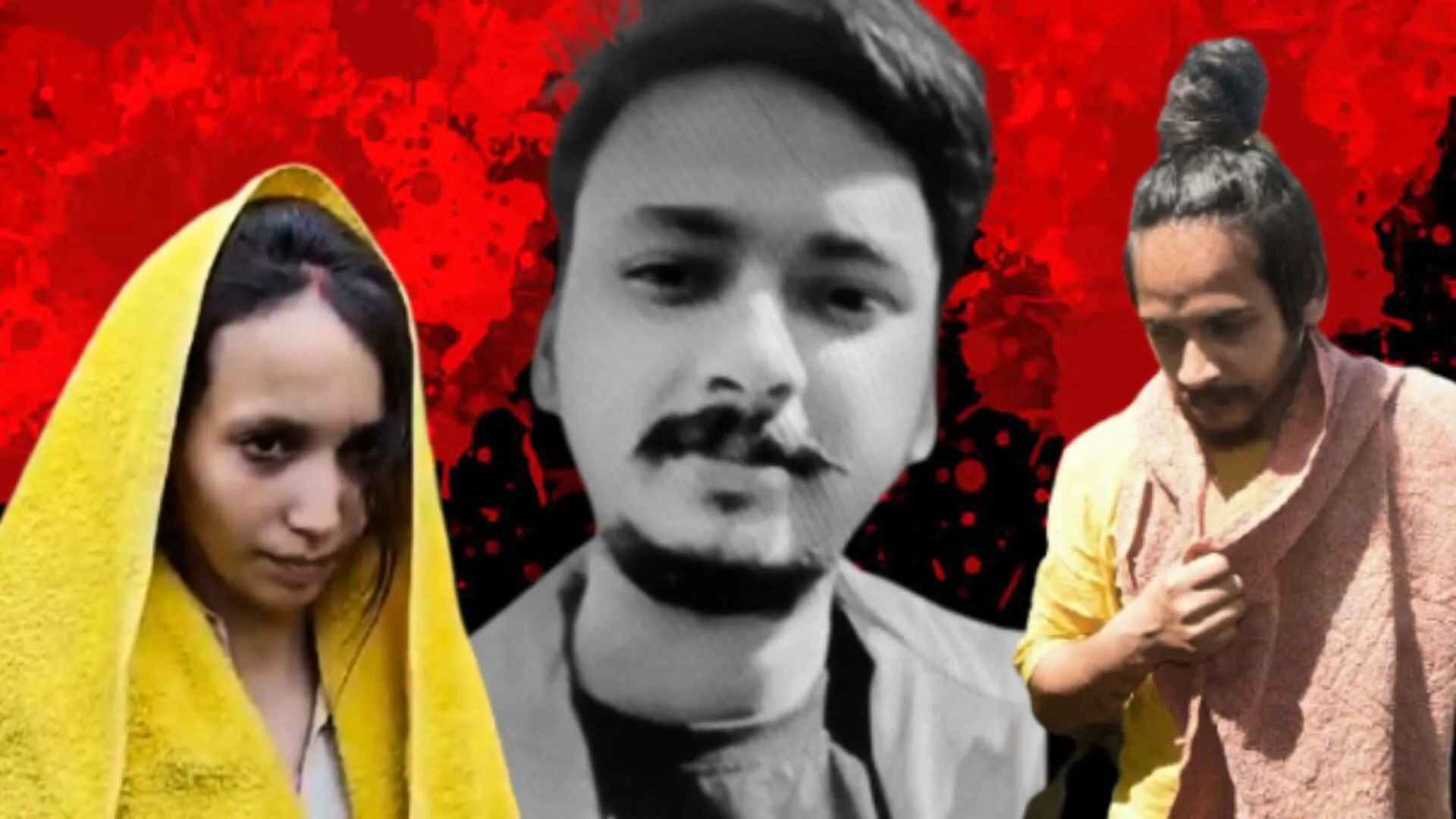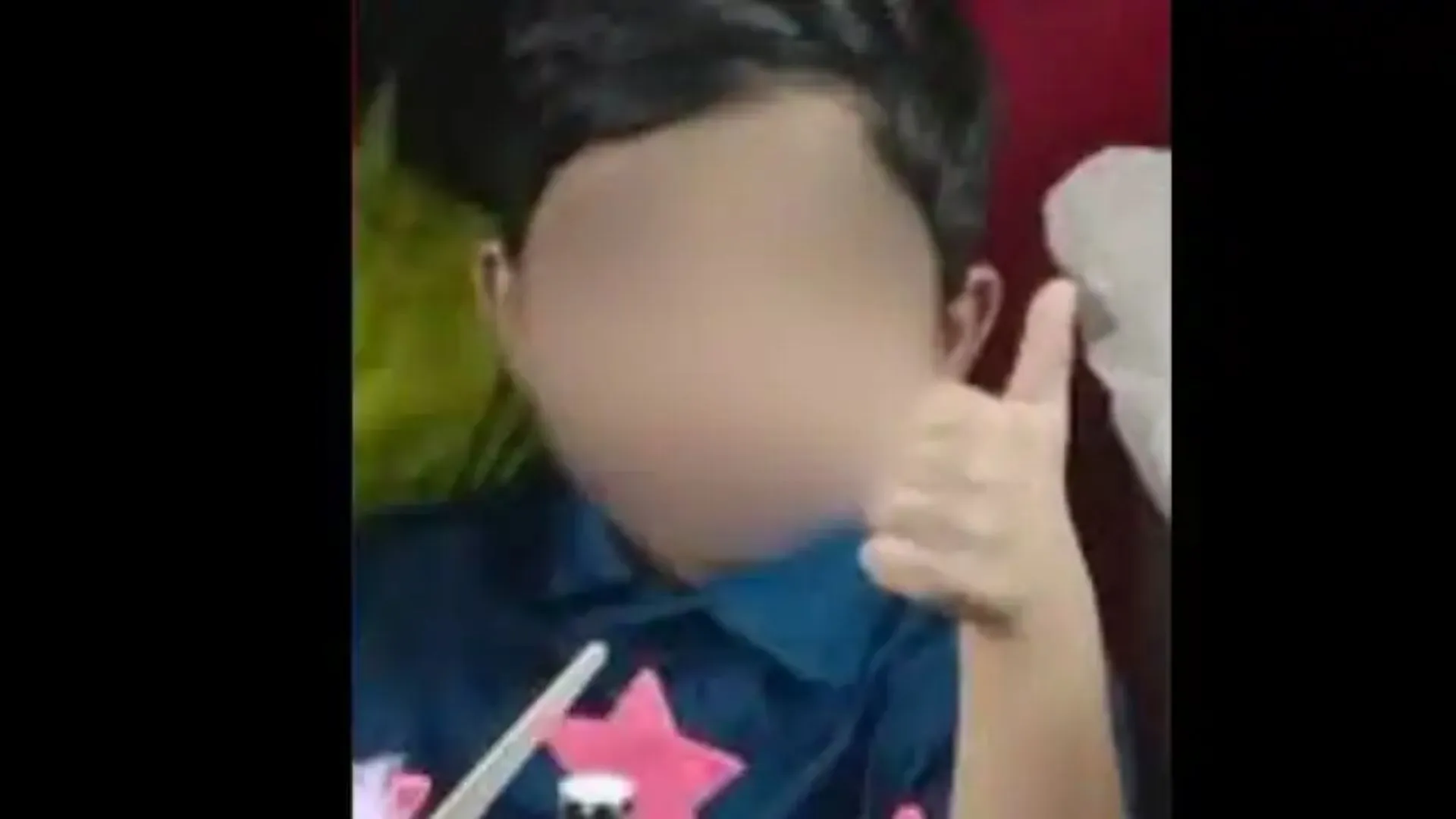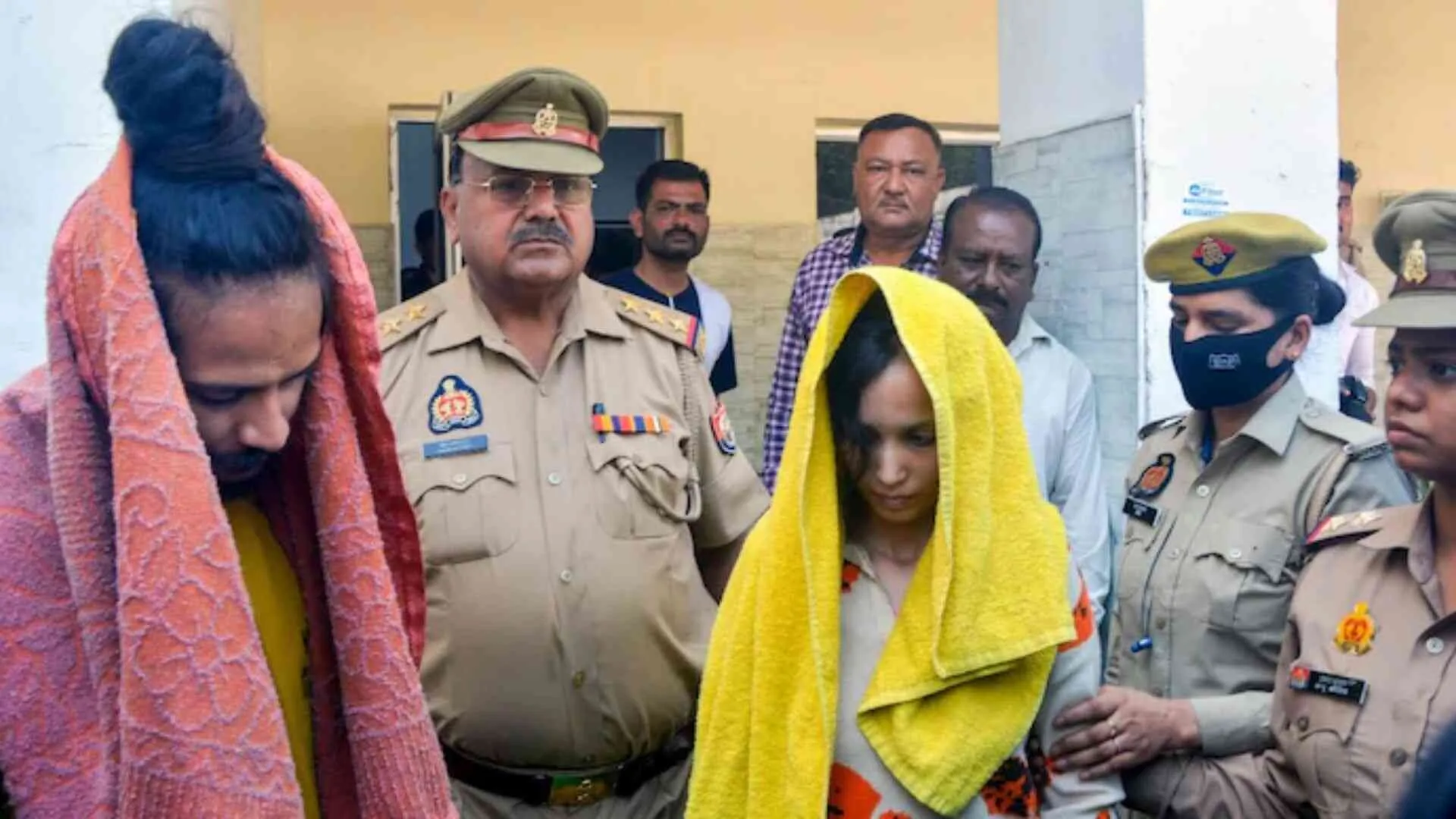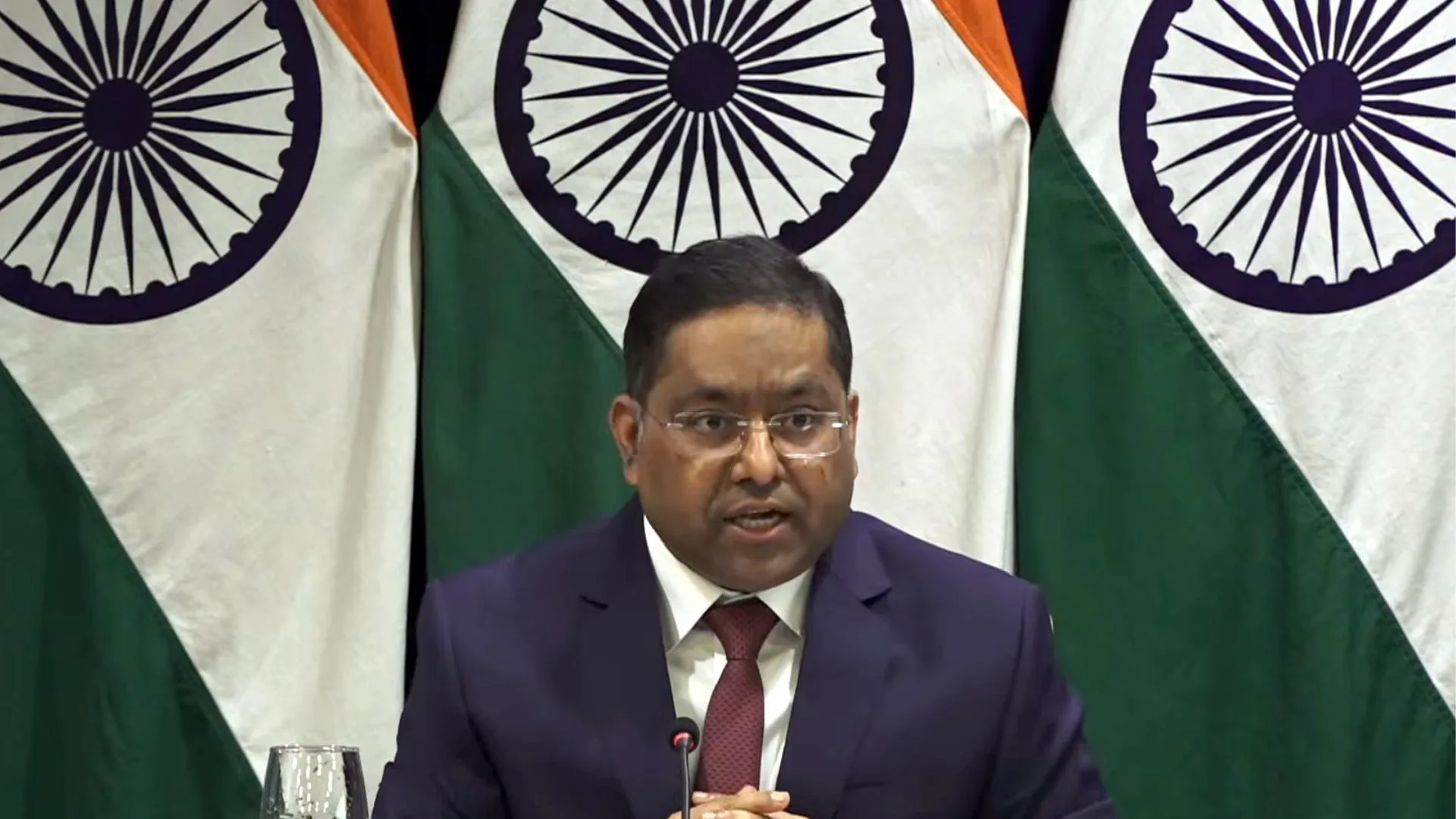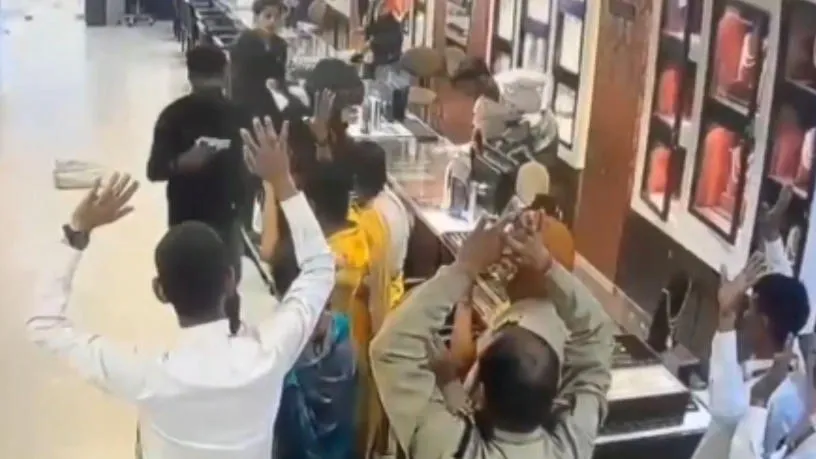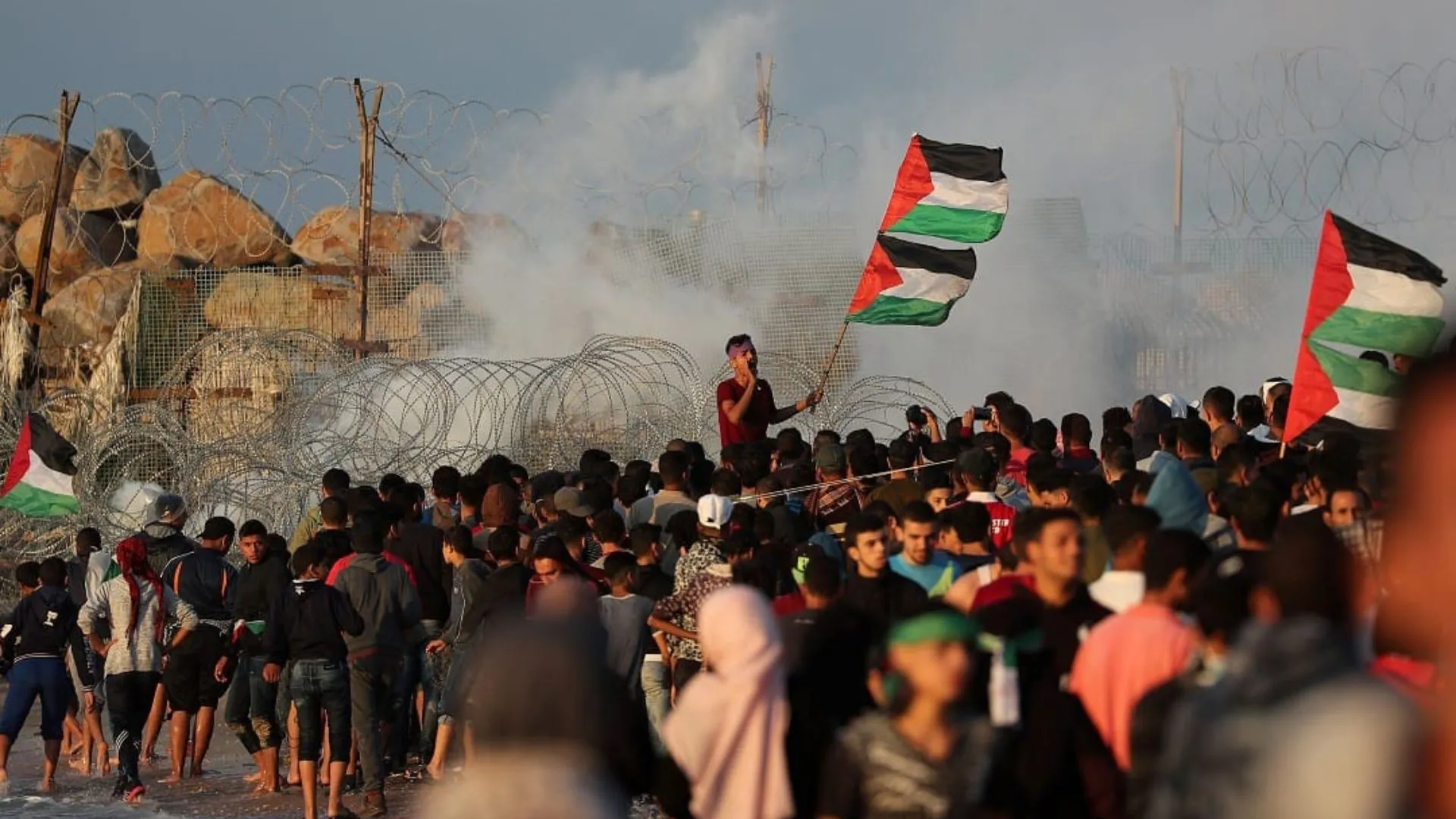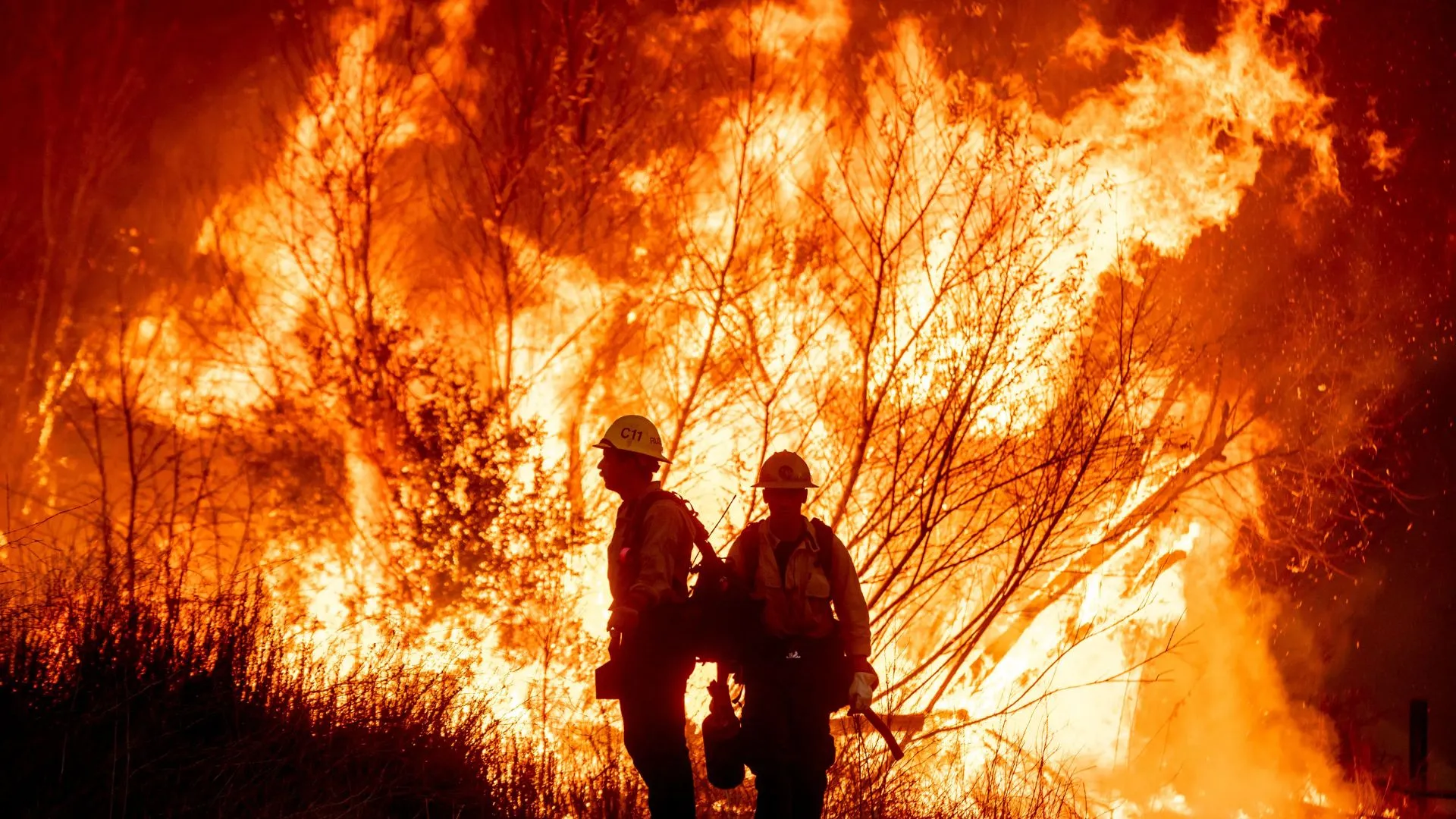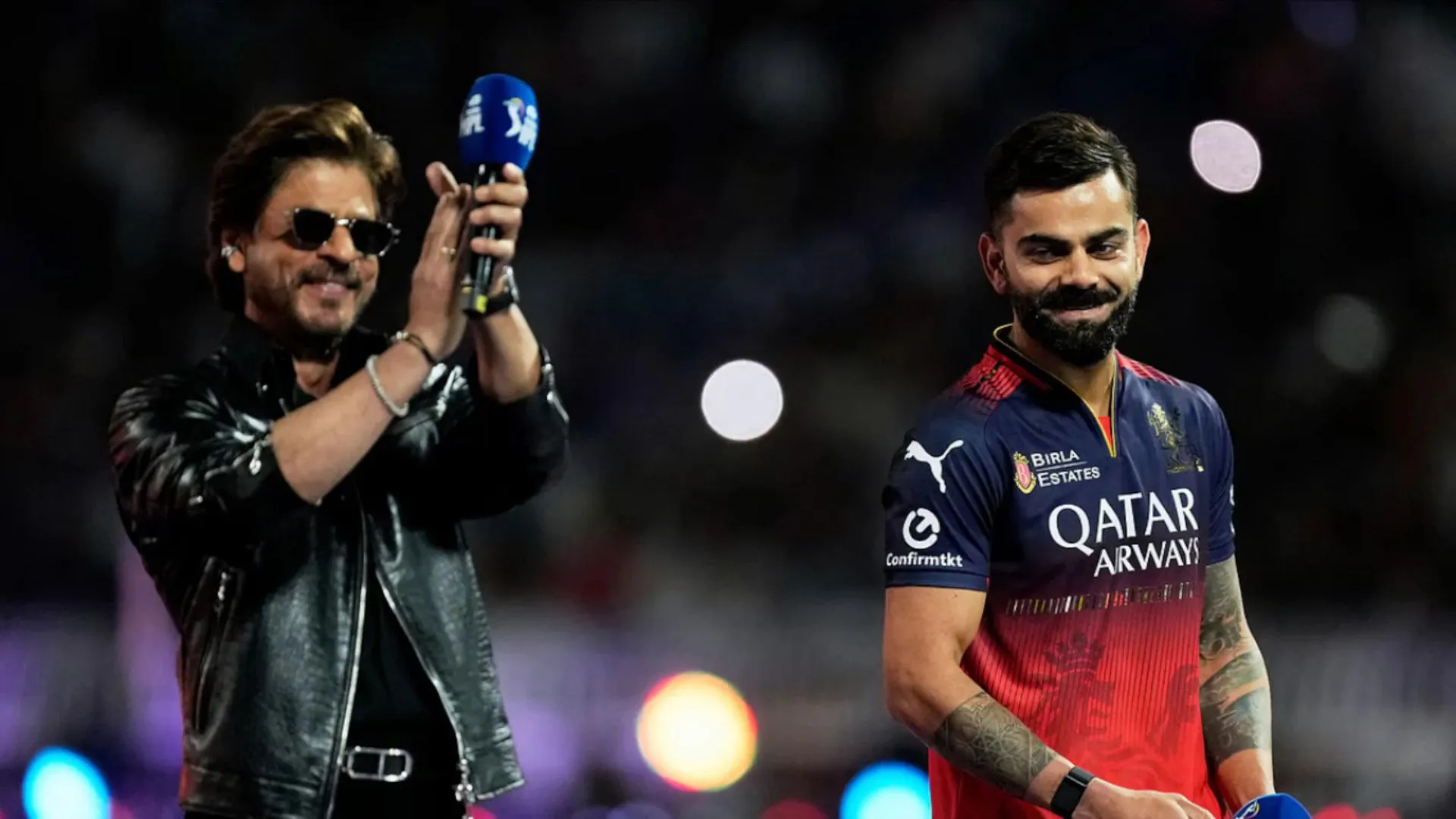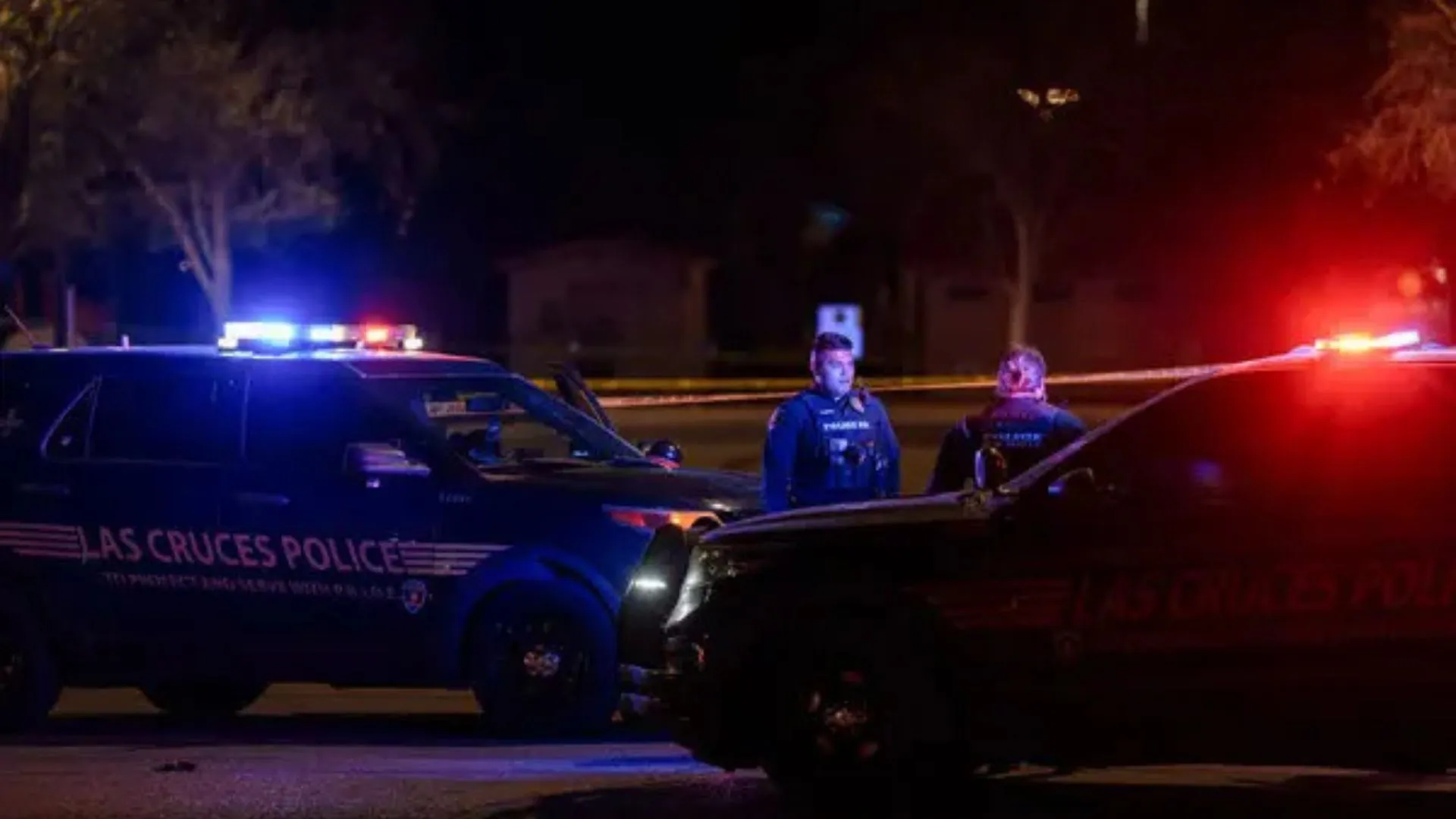In a historic move towards greater inclusion and empowerment, India’s 2024 General Elections witnessed enthusiastic participation from the country’s Particularly Vulnerable Tribal Groups (PVTGs) and other tribal communities. The Election Commission of India (ECI) has been making concerted efforts over the past two years to ensure their enrollment as voters and facilitate their participation in the democratic process, recognizing the importance of their representation in the nation’s electoral landscape.
During the Special Summary Revision for updating electoral rolls ahead of the 2024 polls, the ECI conducted special outreach camps across states where PVTGs reside, with a focused approach to enroll these often marginalized communities as voters. These targeted endeavors bore fruit, with heartwarming scenes of tribal groups actively taking part in the first and second phases of the General Elections at polling stations across various states and union territories.
One of the most remarkable achievements was the Shompen tribe of Great Nicobar exercising their right to vote for the first time in a General Election, marking a significant milestone in their inclusion in the electoral process and their journey towards greater political representation.The ECI’s initiatives were not limited to voter registration alone. In several states, unique measures were adopted to encourage and facilitate tribal voter turnout, recognizing the cultural and logistical barriers that may have prevented their participation in the past.
For instance, in Madhya Pradesh, where the Baiga, Bhariya, and Sahariya tribes reside, tribal theme-based polling stations were set up to welcome these voters, creating an environment that celebrated their cultural identity. The enthusiasm was palpable as tribe members arrived early in the morning, waiting patiently for their turn to cast their ballots, ensuring their participation in this great festival of democracy.
In Karnataka, home to the Jenu Kuruba and Koraga PVTGs, the office of the Chief Electoral Officer, in association with social and tribal welfare departments, ensured 100% enrollment of eligible PVTGs. District and assembly constituency-level tribal welfare committees were formed, meeting regularly to ensure enrollment and enhance electoral awareness among these communities. Forty polling stations were established with unique tribal themes, drawing these voters to the polls on election day.
Kerala witnessed inspiring feats, such as the Kurumba tribal voters who walked for hours through dense forests to reach accessible areas where transportation was provided to facilitate their journey to polling booths in the Mukkali region of Silent Valley. Many elderly tribal voters, aged 80 and 90, exemplified their commitment to democracy, serving as an inspiration to many. Among the 817 voters, 417 were female, highlighting the participation of tribal women in the electoral process.
Odisha, home to 13 PVTGs including Paudi Bhuiya, Juang, Saura, and Lanjia Saura, achieved 100% enrollment of all eligible PVTGs through significant efforts and registration drives. Awareness activities were conducted periodically, and voter education content was created in local dialects using traditional folk arts and community engagement methods. Additionally, 666 theme-based polling booths were set up in their areas, removing logistical barriers and ensuring the voting process was within their reach.
Similar initiatives were undertaken in states like Bihar, Jharkhand, Gujarat, Tamil Nadu, and Chhattisgarh, where special campaigns, voter education programs, and logistical arrangements were made to ensure the inclusion and participation of PVTGs and tribal communities in the electoral process.
The ECI’s focused outreach and interventions to enroll and empower PVTGs as proud voters have indeed yielded positive results, marking a significant step towards greater representation and inclusivity in India’s vibrant democratic landscape. By breaking down barriers and celebrating the diversity of tribal communities, the 2024 General Elections have set a precedent for inclusive and participatory democracy, where every voice is heard and every vote counts.

